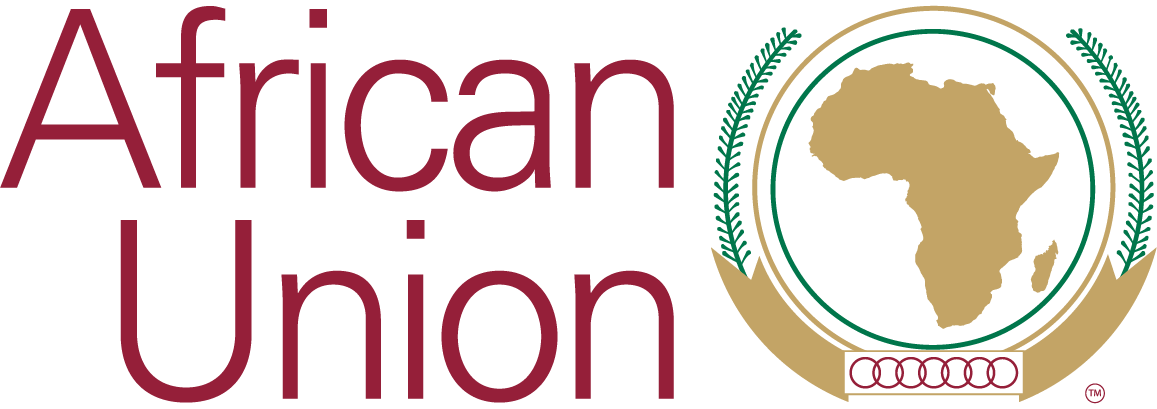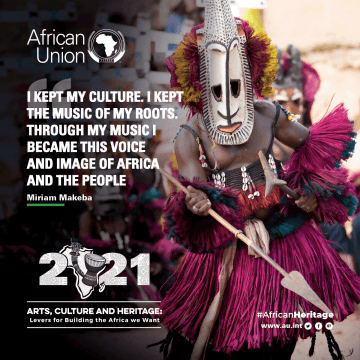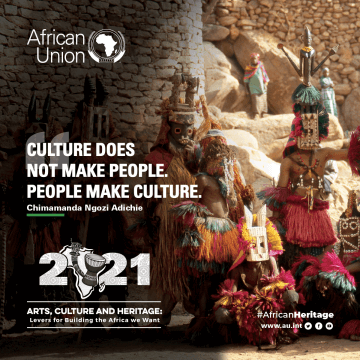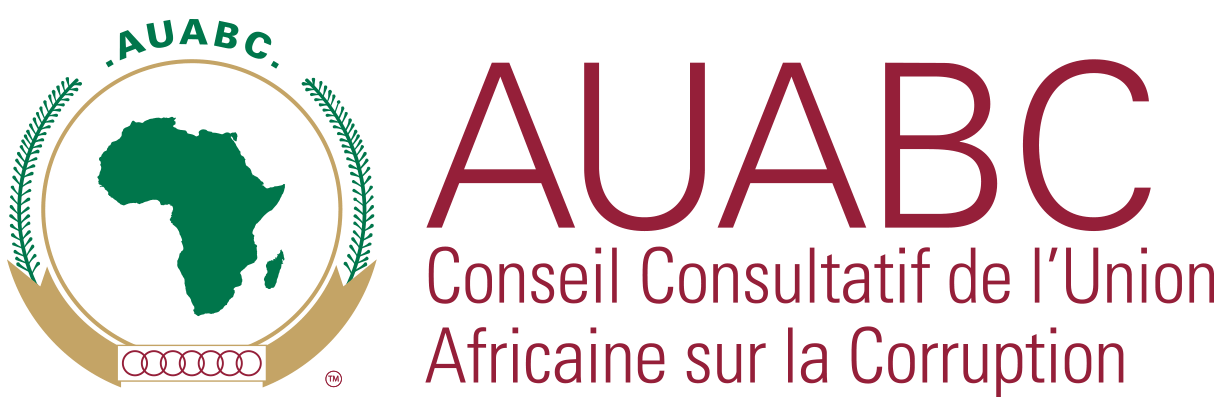Core Value and Principles
AUABC Core values and PrinciplesThe core values, which constitute the basis on which the African Union Advisory Board on Corruption will achieve its function, are inbuilt in the Convention on preventing and combating corruption and related offences (article 3). They include:The respect for democratic principles and institutions, popular participation, the rule of law and good governance;The respect for Human and Peoples’ Rights in accordance with the African Charter on Human and Peoples’ Rights and other relevant human rights instruments;The promotion of social justice to ensure balanced socio-economic development;The transparency, integrity, impartiality, efficiency, professionalism and accountability in the management of public affairs;The condemnation and rejection of acts of corruption, related offences and impunity.In addition to these, the African Union Advisory Board on Corruption has laid down key principles that will guide Board Members and staff in carrying out their activities. These principles are:Subsidiary and Complementarity with other Organs, Member States and RECs;Results orientation, feasibility and impact focus;Close coordination and cooperation with the RECs;Coherence of policies and programs; andA networking approach, that takes advantage of available resources through other players.AUABC added valueIn the current context of the fight against corruption in Africa, the added value of the African Union Advisory Board lies both in its legitimacy and its institutional positioning.Concerning its legitimacy, the Board is the emanation of the African Union Convention on Preventing and Combating Corruption. This organ bases its work on the provisions of this legal instrument adopted by all Member States. In this regard, the BoardIs the unique continental organization mandated by the African Union to deal with corruption and related themes in Africa, and to support the Member States in observing the provisions of the ConventionIs better positioned to influence the adoption and the implementation of measures by Member States to observe the provisions of the African Union Convention on Preventing and Combating Corruption.This legitimacy brings in clear value added of the Board on the institutional level, namely with regard to its positioning in the African and international arena. In this respect, the Board:Has the capacity to coordinate and orient anti-corruption initiatives on the Continent towards the achievement of the objectives of the ConventionProvides an African solution to the problems of corruption, taking into consideration the specific political, economic, social and cultural realities of the continent.Facilitates the harmonization of laws on corruption at national, sub-regional and continental levels.Has the ability to address key issues such as private sector commitment in the fight against corruption and funding of political parties. ...












